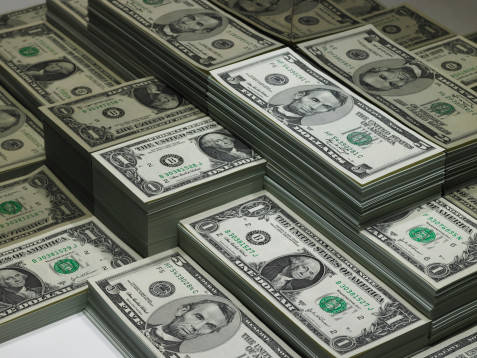
FOREIGN suppliers are now charging local businesses and manufacturers premiums on bank transfers in a sign that they have lost confidence in local banks.
BY TATIRA ZWINOIRA
A cash premium is the mark up on top of the amount of cash that is transferred in a transaction through the real time gross settlement (RTGS) system.
A company involved in solar installations yesterday told NewsDay on the sidelines of a meeting with the visiting Indian business delegation that suppliers “are no longer just accepting payments for goods that they purchased from us, but rather including a premium on top of the transfers”.
“Some of the reasons they gave are that transfers from Zimbabwean banks could no longer be trusted, due to funds in the respective bank’s nostro accounts being low. As such, they told us that they were facing delays in getting their funds on time,” the executive said.
“The suppliers told us by charging a premium on the transfers they were insuring that they were not losing value for wares as they only wanted to deal with foreign currency. Also, the premium was to act as a measure to counteract bond notes.”
However, companies are not affected by accounts, which have bond notes debited to them, if they receive bank transfers as it will be sent to them as United States dollars.
Sources say both China and India foreign suppliers are the ones particularly demanding United States dollars, as they are the second and third sources of foreign raw materials, respectively.
- Chamisa under fire over US$120K donation
- Mavhunga puts DeMbare into Chibuku quarterfinals
- Pension funds bet on Cabora Bassa oilfields
- Councils defy govt fire tender directive
Keep Reading
In recent weeks, economists have highlighted that deposits were now a local currency, as they were no longer equal to the equivalent in hard cash due to the dollar being over-valued.











